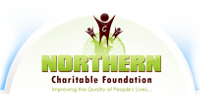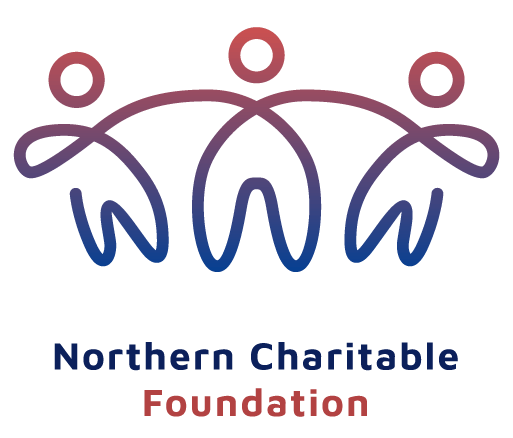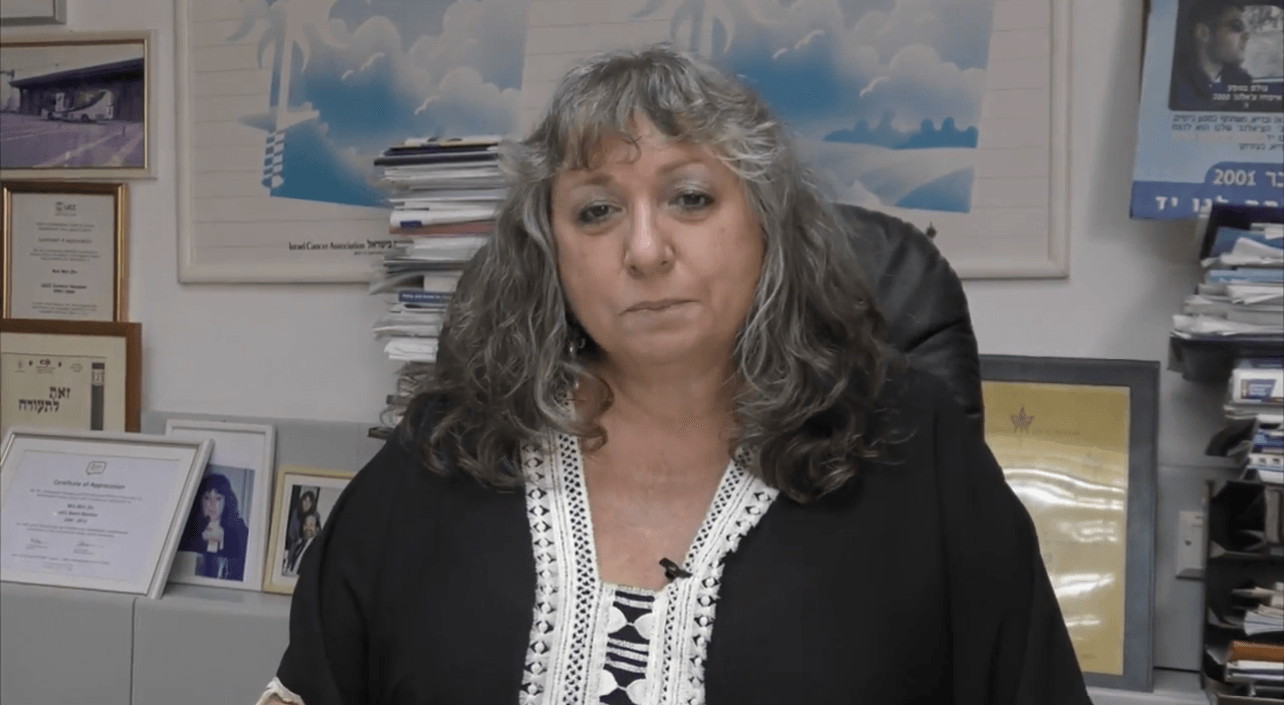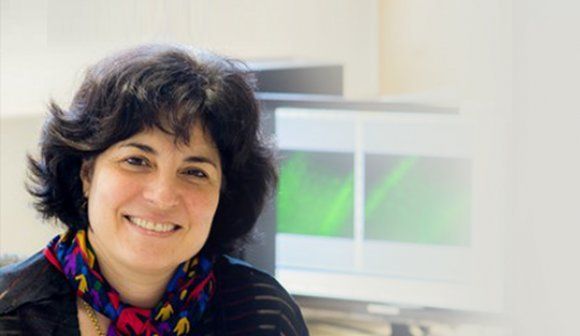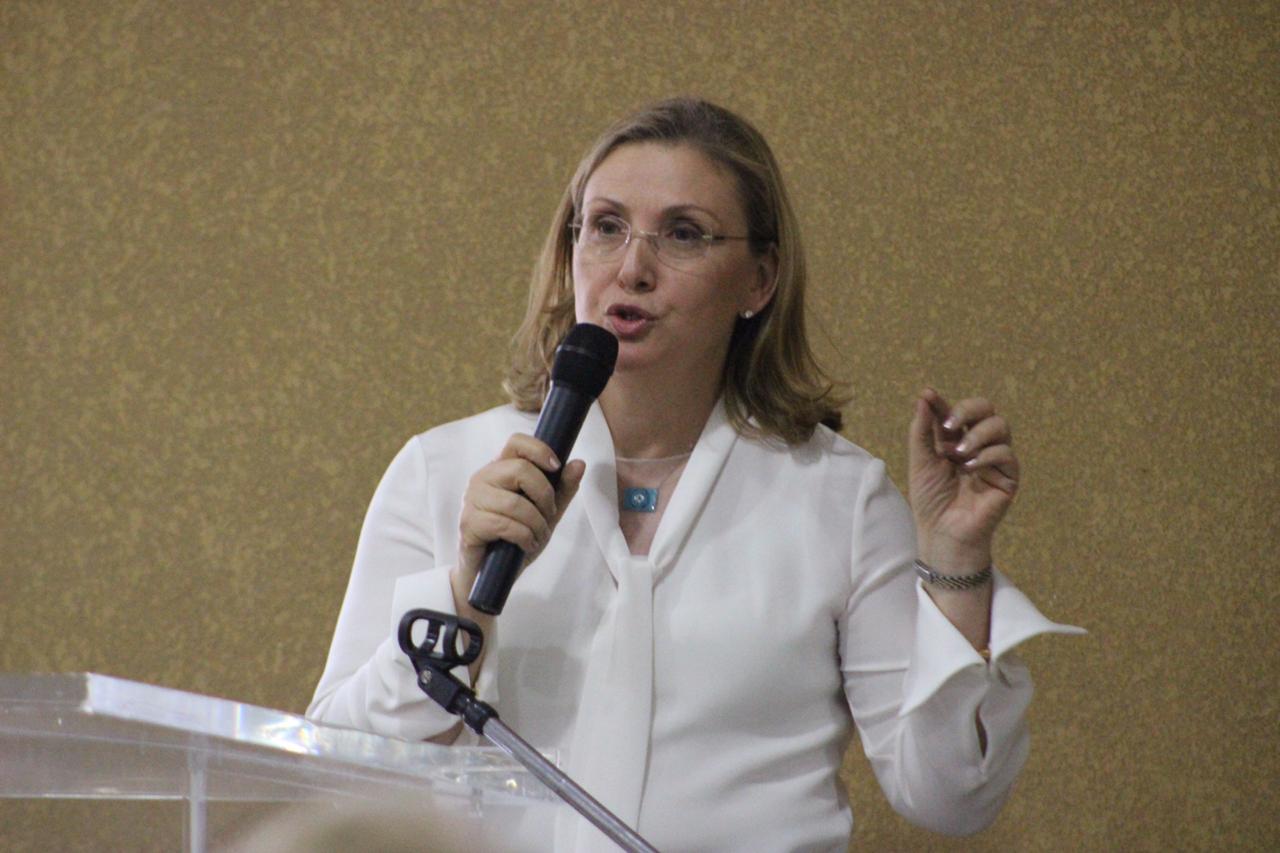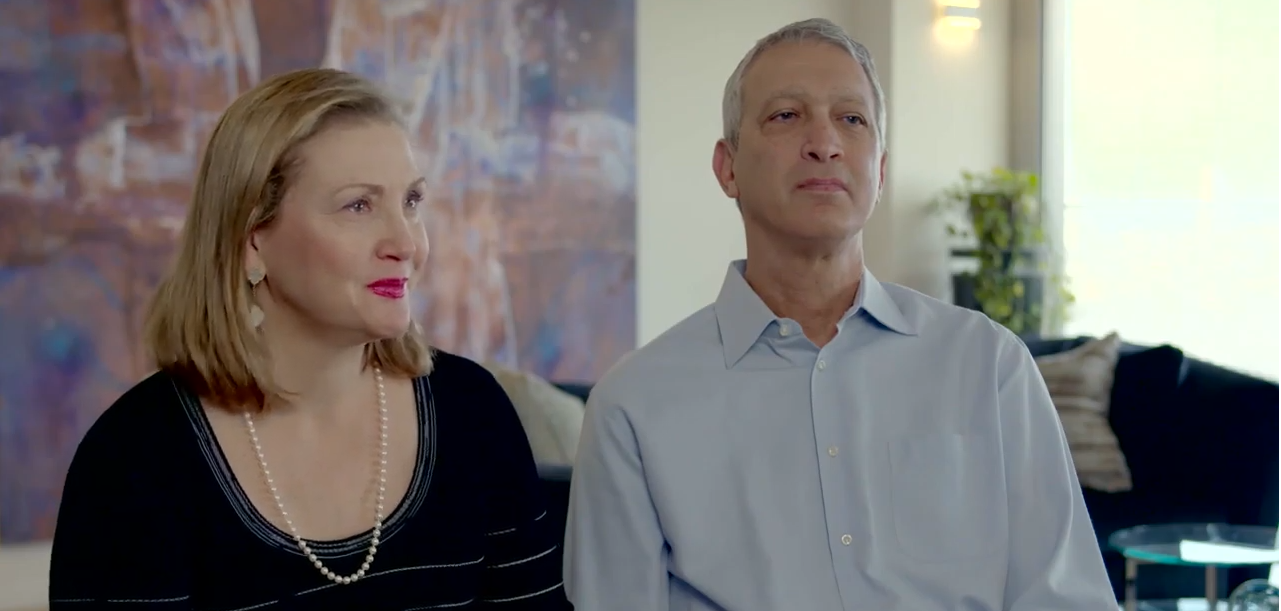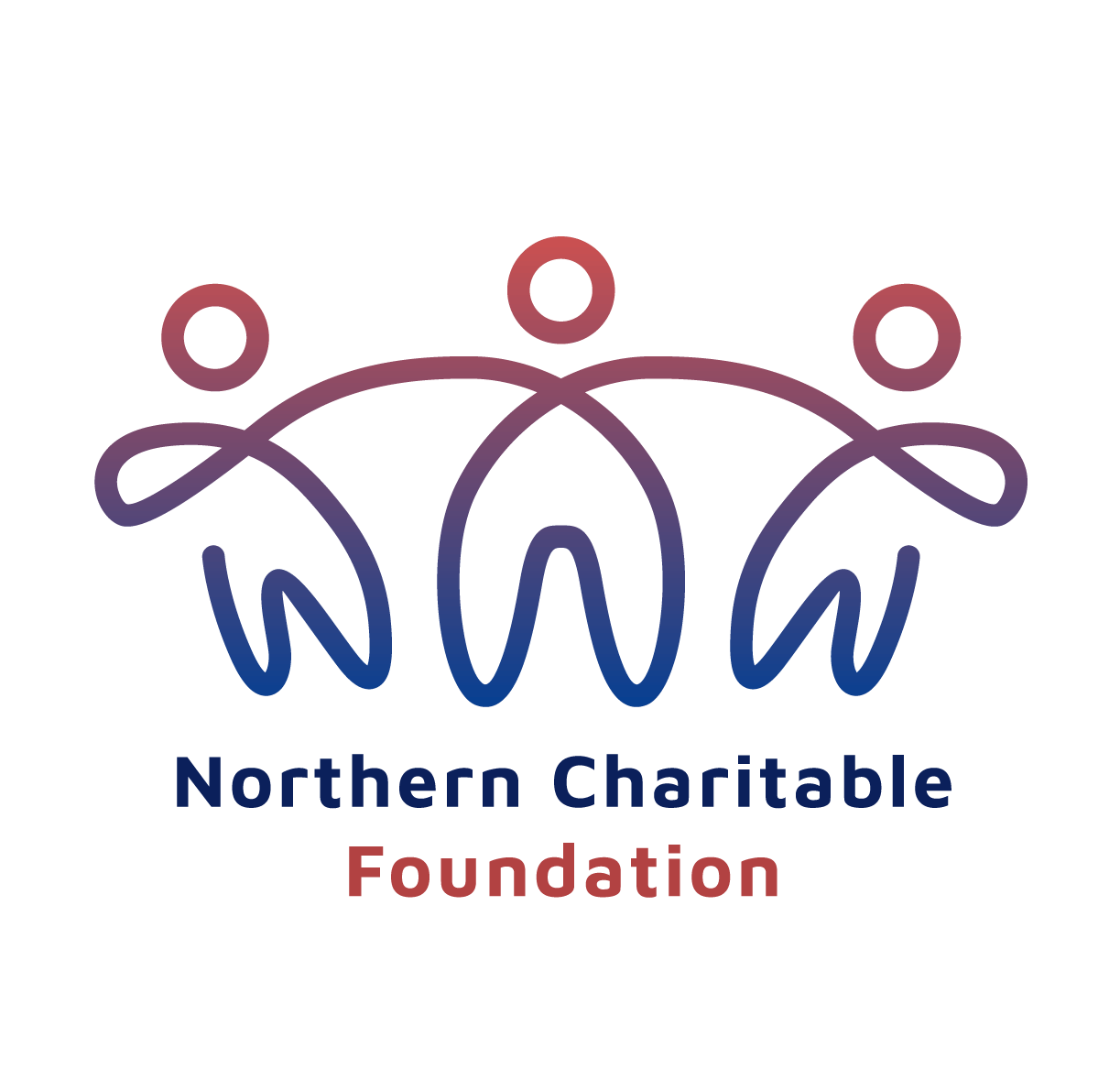Study of Jewish Women Shows Link to Cancer Without Family History. The New York Times – September 4, 2014
- By Rosa
- •
- 04 Sep, 2014
- •

A Jewish breast cancer patient in Israel undergoing a checkup last fall. A new study suggests that women of Ashkenazi descent should be routinely tested for cancer-causing mutations.
Women of Ashkenazi Jewish descent who tested positive for cancer-causing genetic mutations during random screenings have high rates of breast and ovarian cancer even when they have no family history of the disease, researchers reported Thursday.
The finding calls into question the practice of screening women — particularly women of Ashkenazi descent, as are most Jews in the United States — for these mutations only if they report that many women in their family have had cancer. Some women are tested for mutations only after they develop cancer themselves.
Many of the women identified by the researchers in Israel would never have known they were mutation carriers if not for the screening offered by the study, the researchers said. The study’s authors recommended routine screening of all women of Ashkenazi backgrounds for harmful mutations in the genes, called BRCA1 and BRCA2.
“This should be offered as a universal screening test,” said Dr. Ephrat Levy-Lahad, director of the Medical Genetics Institute at Shaare Zedek Medical Center in Jerusalem and the senior author of the study, published in the Proceedings of the National Academy of Sciences. It was funded in part by the Breast Cancer Research Foundation.
“We should be testing people who are still healthy at a stage when we can prevent the disease,” Dr. Levy-Lahad added. “And we don’t have many diseases with a mutation that so clearly affects risk as BRCA.”
Dr. Mary-Claire King, a noted breast cancer geneticist at the University of Washington and an author of the study, said there was no longer any reason to shy away from routine screening of women for BRCA mutations.
“We didn’t want to recommend population screening until we knew that women who carry the mutation who are ascertained through a population approach have the same risks as women who are ascertained through a relative or having had cancer,” Dr. King said. The new study “settles that argument,” she said.
Medical experts responded to the report with caution and some skepticism.
The United States Preventive Services Task Force recommends against routine genetic counseling or BRCA testing for women whose family history does not indicate a risk of harmful mutations. The American Cancer Society recommends testing primarily for people who have immediate family members affected by cancer or family members who developed cancer at an unusually young age.
Dr. J. Leonard Lichtenfeld, the American Cancer Society’s deputy chief medical officer, said that the study was “thought provoking” but that routine screening for BRCA mutations had “not been on the table” in the United States and would have to be discussed extensively and in great detail.
“This will raise questions among Ashkenazi Jewish women and men about what they should do personally, and that’s a very difficult question to answer,” Dr. Lichtenfeld said. “People who think they should be tested really need to be appropriately counseled about the potential benefits and the potential risks.”
Some researchers are still not convinced that a family history is irrelevant when assessing the degree of cancer risk in women with mutations.
“I don’t think this resolves the question of what the risk is to someone with no family history and a mutation,” said Dr. Susan Domchek, executive director of the Basser Research Center for BRCA at the University of Pennsylvania.
Women who test positive face difficult choices. The risk-reducing options for them might include surgical removal of healthy breasts and ovaries, Dr. Domchek noted.
“These are not trivial,” she said. “They have the potential to cause harm.”
Close monitoring with magnetic resonance imaging, rather than mammography alone, might be another option. And there are social and psychological consequences to discovering that one is carrying a cancer-causing mutation, Dr. Domchek and other experts said.
But Dr. Levy-Lahad said the study showed that carriers who do not know their status are at high risk. “Would you rather find out about it when you get ovarian cancer at 45, or when you’re 30 and you’re healthy and can prevent it?” she asked.
Dr. Levy-Lahad and her colleagues set out to simulate universal screening on a large sample of normal Ashkenazi Jews in Israel.
In an unusual move meant to ensure that the study population would not be weighted toward families with cancer, they first offered the genetic testing to over 8,000 cancer-free Ashkenazi men 30 and older, eventually identifying 175 who carried one of three harmful BRCA1 and BRCA2 mutations.
The scientists then asked the female relatives of the male carriers to be tested. They found 211 women who were carriers of the cancer-causing mutations. About half had little or no family history of cancer.
But they did have high rates of cancer: Of those who had reached age 60, 60 percent of the BRCA1 carriers and one third of BRCA2 carriers had developed breast or ovarian cancer; of those who had reached age 80, 83 percent of BRCA1 carriers and 76 percent of BRCA2 carriers had one of the cancers.
A susceptibility to breast cancer can be hidden in families, since mutations can be handed down to women through their fathers.
In one case, a man participating in the study who tested positive for mutations had no family history of breast and ovarian cancer. He had three daughters, one of whom agreed to be tested and was found not to carry any of the mutations.
The two other daughters initially would not agree to testing but were persuaded to have mammograms. One was found to have early cancer and, after agreeing to genetic testing, was found to carry a mutation.
Following current guidelines, “this woman would not have detected her cancer until it was a big lump,” Dr. Levy-Lahad said.
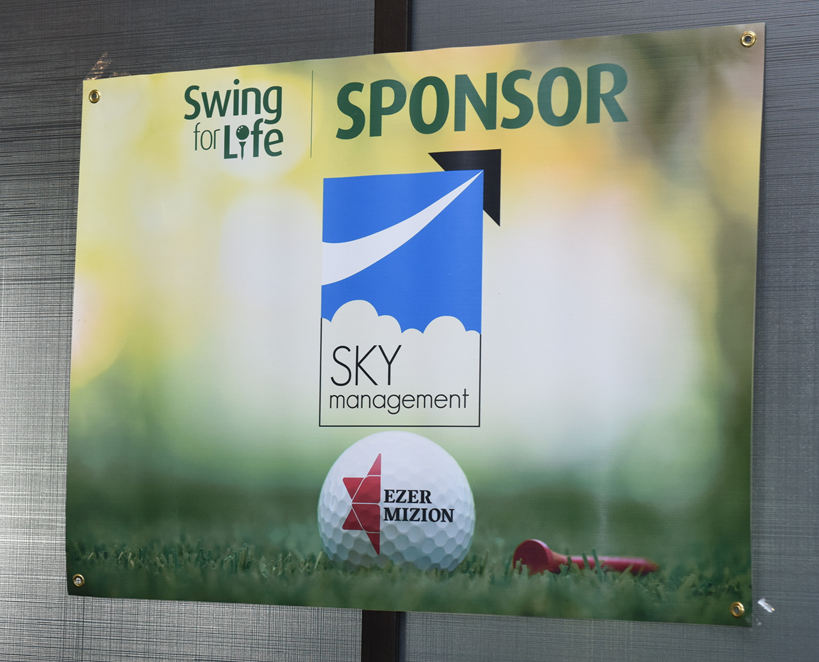
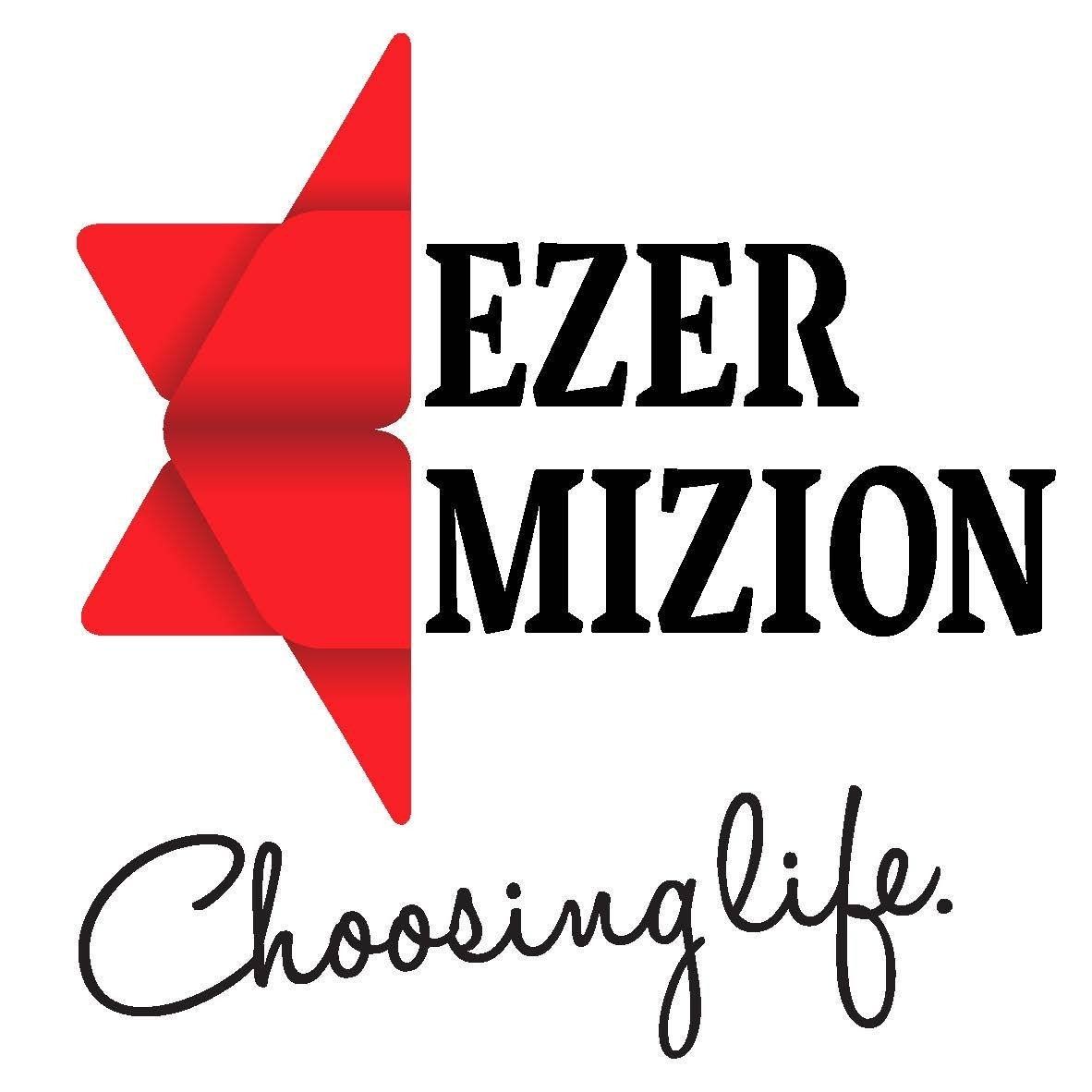
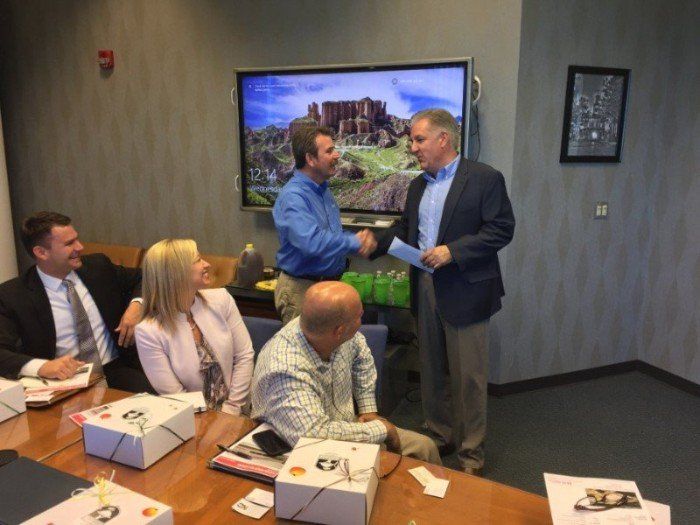
The Northern Charitable Foundation made a pledge to the Airborne and Special Operations Museum (ASOM) located in Fayetteville, North Carolina. "Most importantly, we are extremely proud to have the opportunity to support our troops”, Janos added. The ASOM is dedicated to honoring and preserving the heroic feats of the United States Army Airborne and Special Operations troops who have contributed so much to defend our nation’s interests.
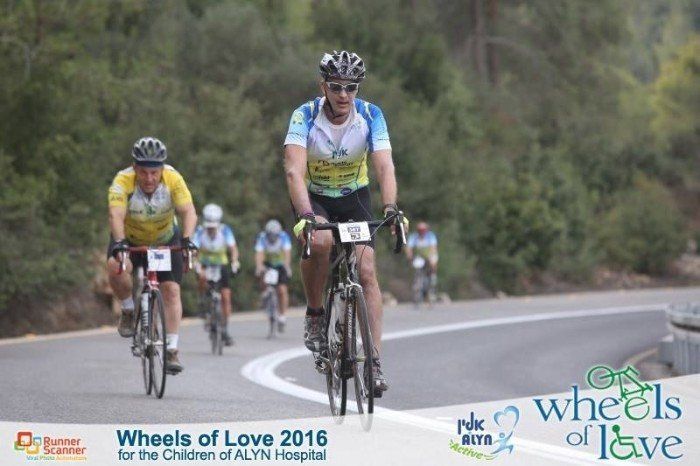
The Northern Charitable
Foundation is proud to sponsor the 2018 Wheels of Love in Israel on behalf
of the ALYN Hospital- Israel’s only children orthopedic rehab hospital.I have participated personally on the ride several times and have greatly enjoyed it. Also, I have visited the ALYN Hospital and have personally seen the amazing work they do for all citizens of Israel.
WHEELS OF LOVE is the ALYN Hospital’s largest annual fundraiser. This event is so much more than just a bike ride….it is an annual reunion of old friends from around the world as well as a meet-up of new people. The annual bike ride brings together Americans, Canadians, Israelis and Europeans who are all passionate about Israel, children and cycling. The ride is a five day moving caravan of love and hope. The money raised through the ride helps offset the staggering shortfall the Hospital has because the amount reimbursed from health insurance lags far behind the actual cost of ALYN’s life changing care. The 2018 goal is to raise $3,000,000. We will reach it gift by gift; just as the ALYN children reach their goals step by step.
To learn more about ALYN Hospital's mission and how to get involved, please visit their website here.

The NCF is proud of its efforts to help families and patients cope with Alzheimer’s disease. Our work with The Zipporah Fried Alzheimers Center has helped thousands of families and caregivers in Israel through personal consultations with a consultant, seminars for caregivers, lectures by medical experts and workshops. The center is named after Alex Dembitzer’ grandmother that suffered from Alzheimer's for many years.
There are more than 5 million people living with Alzheimer's disease and dementia in the United States. It is estimated that Alzheimer's disease accounts for 60-80 percent of all dementia cases. Alzheimer’s kills more people than breast and prostate cancer combined. The total cost of caring for those in the United States with Alzheimer's disease and other dementias is estimated at 259 billion dollars in 2017. Alzheimer's disease is a slow, progressive disorder of the brain that results in loss of memory and other cognitive function and, eventually death.
